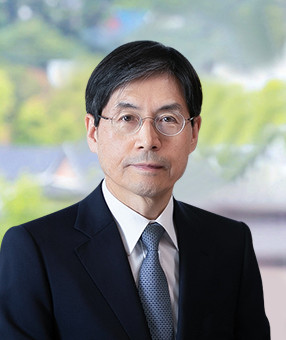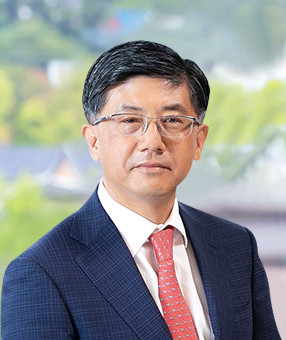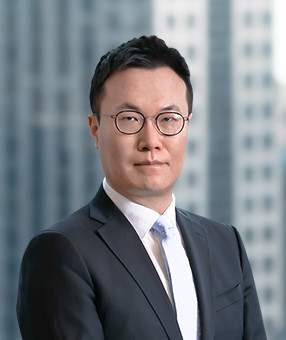The Korean Supreme Court expressly recognized that the first-sale doctrine applies to exhaust not only apparatus patent rights, but also any process patents, which are substantially embodied in a product that is sold.1
Under the first-sale doctrine, a patentee or licensee selling a product covered by a patent exhausts the patent right with respect to that product, meaning that the buyer/transferee of the patented product may freely use, sell or otherwise exploit the patented product without incurring patent infringement liability.
Article 2, Paragraph 3 of the Patent Act divides inventions into three types: product patents, general process patents, and manufacturing process patents. Academics and practitioners have long accepted that product patents are exhausted by the sale of a product covered by the patent. However, until now, it has been unclear whether process patents can be similarly exhausted.
Details:
The Supreme Court held that if a patentee or its licensee legally transfers in Korea a product that practices a patented process and substantially embodies the patented process, the process patent rights in the product are exhausted, and a transferee of the product is no longer required to obtain the patentee’s approval simply in order to use the product. In other words, the Supreme Court made it clear that patent exhaustion also applies to process patents.
The Court further indicated that whether the product at issue substantially embodies the patented process should be determined on a case-by-case basis in view of the following factors: (i) whether the product was originally designed to implement the patented process exclusively, with no other substantive practical or commercial applications; (ii) whether all critical elements of the patented process are included in the product; and (iii) whether the process substantially implemented by the product accounts for a significant portion of the entire patented process.
Significance:
The Supreme Court's ruling clarifies that process patents can also be exhausted like product patents. In other words, an assignee or purchaser who legally acquires from a patentee or its designee a product which substantially implements a process patent in Korea may freely use, transfer or otherwise dispose the product without fear of infringing the process patent.
Related Topics







